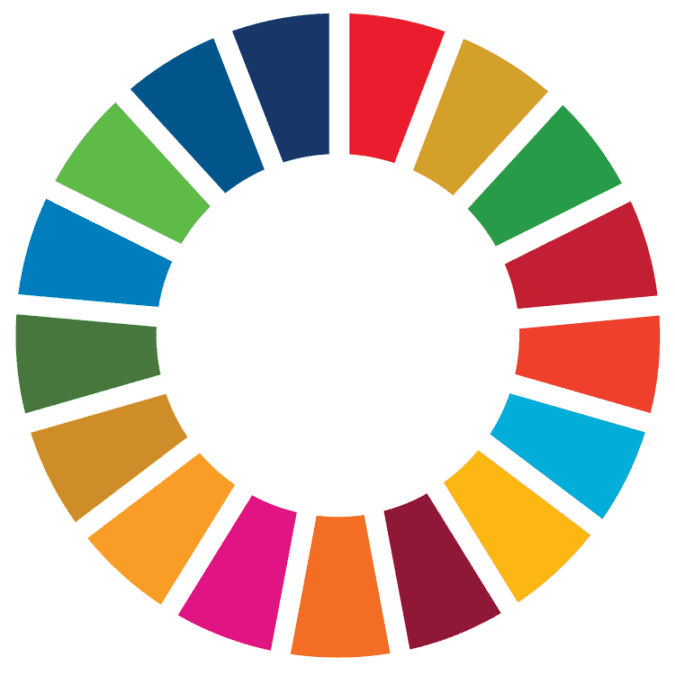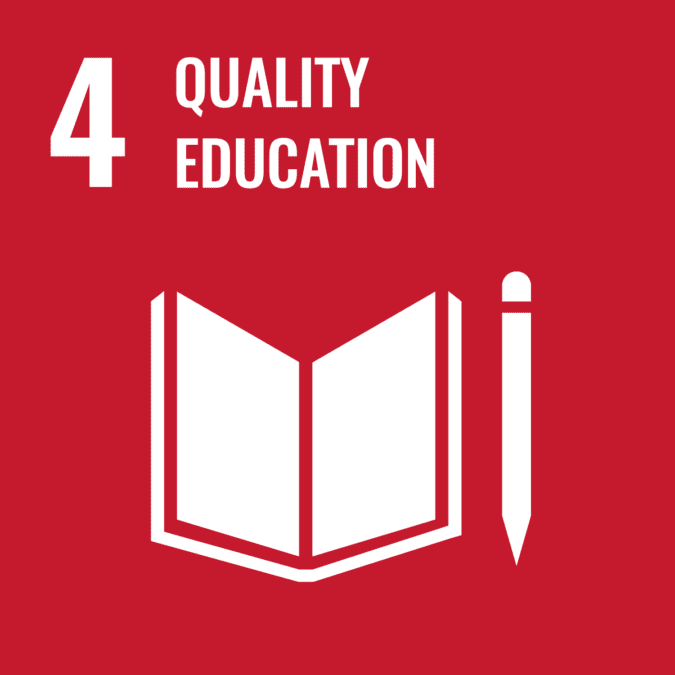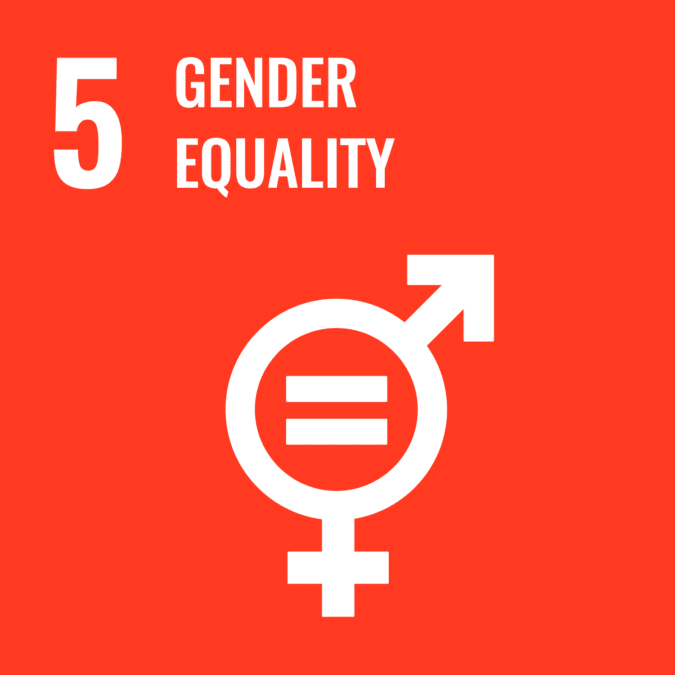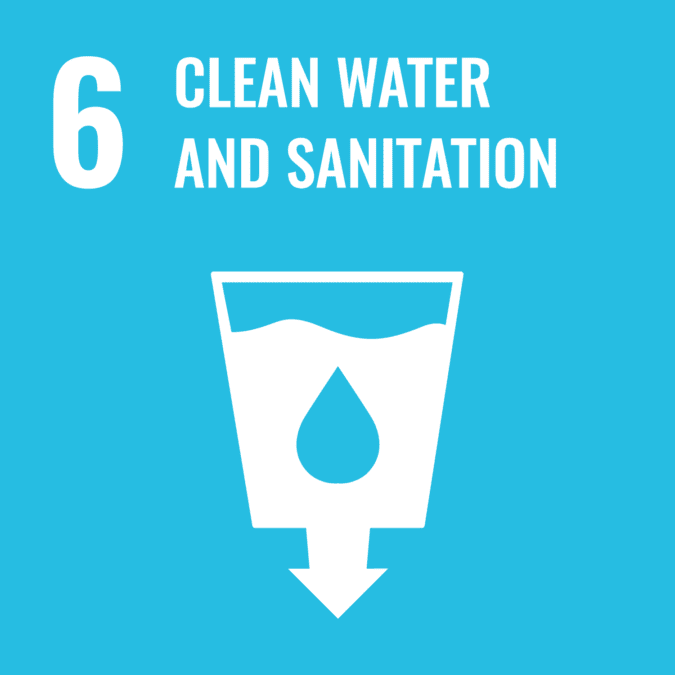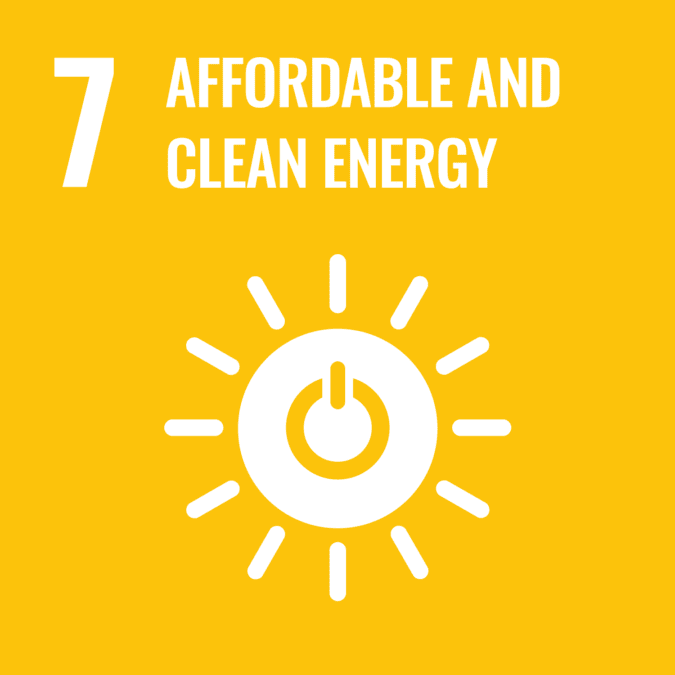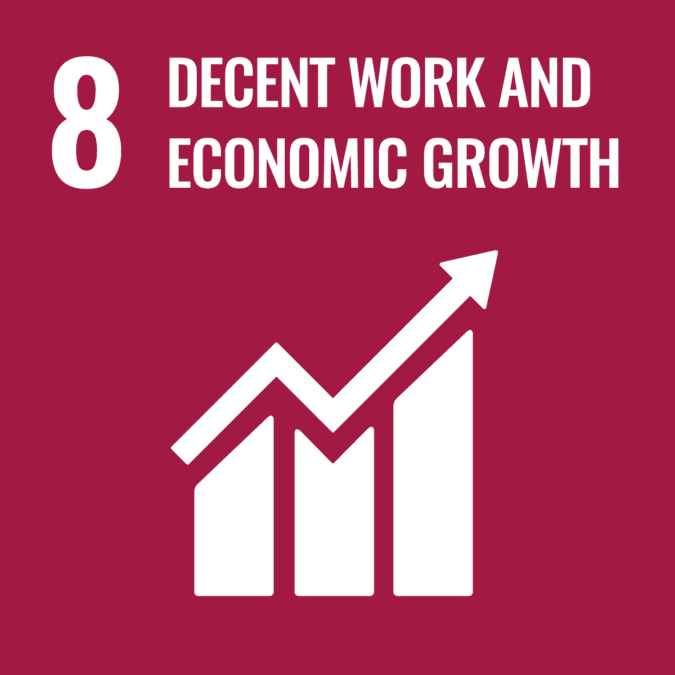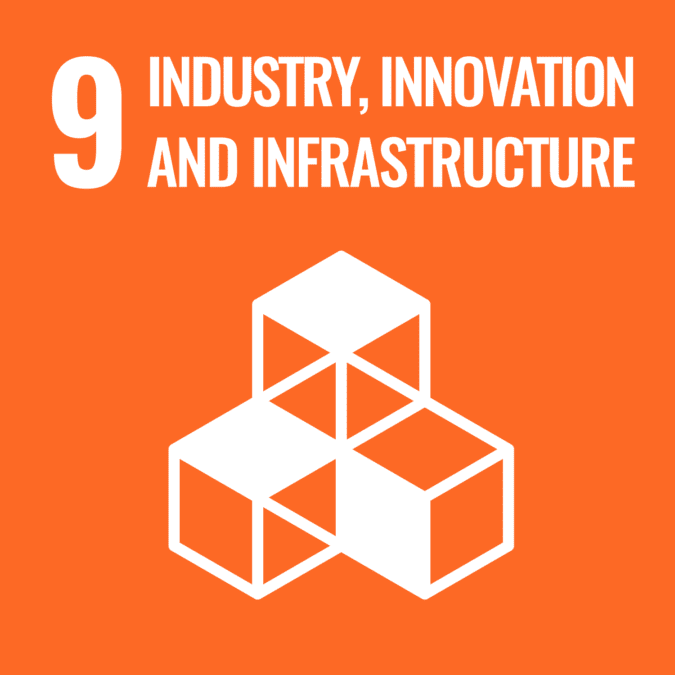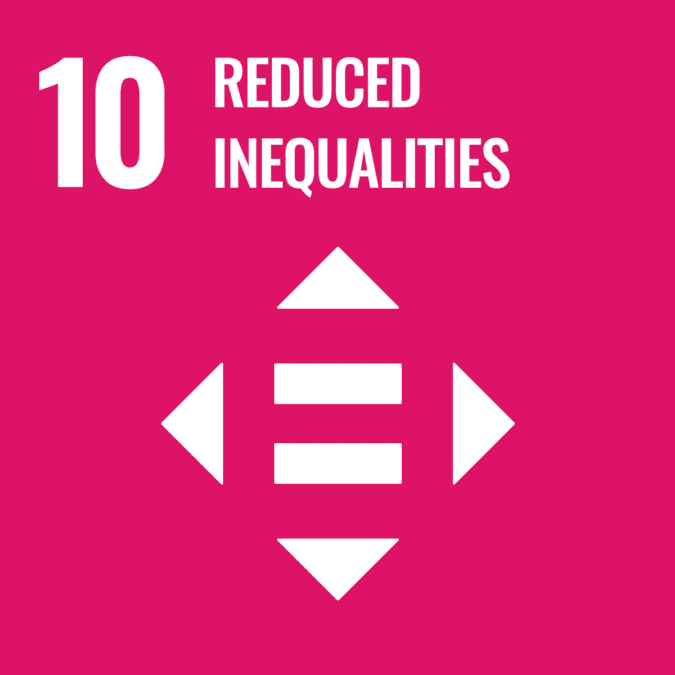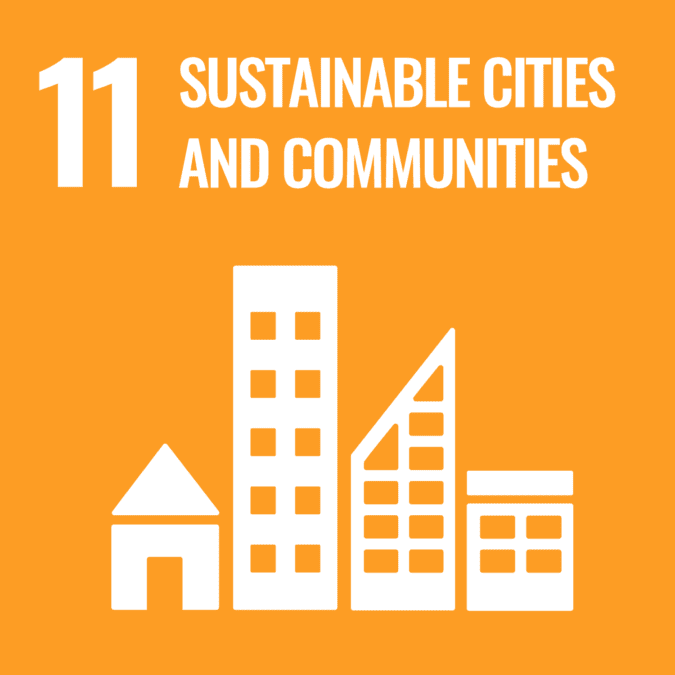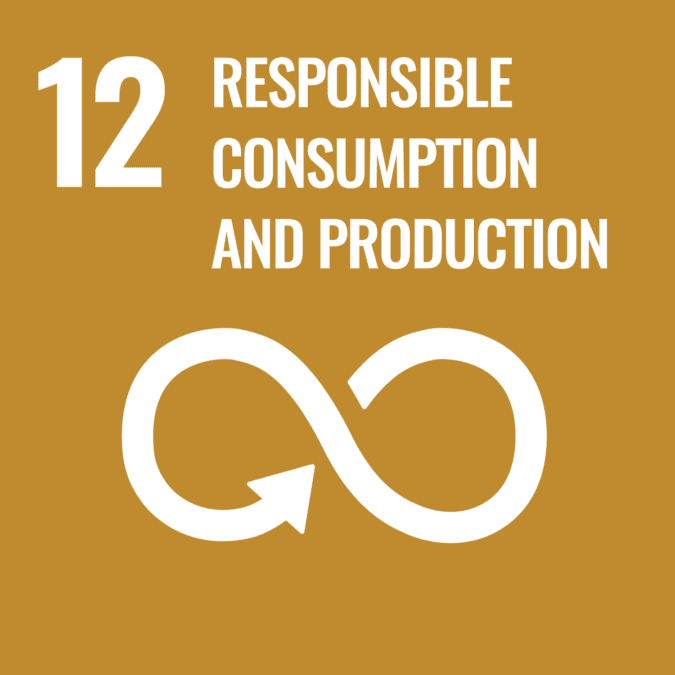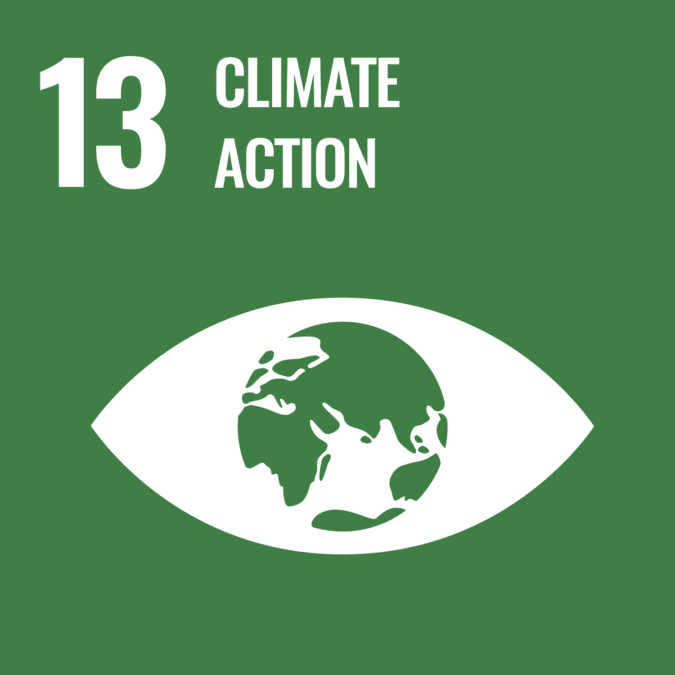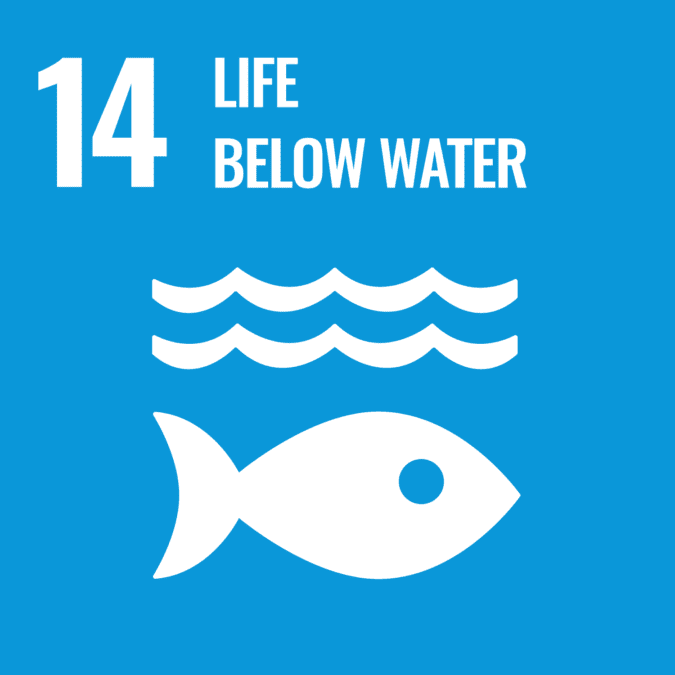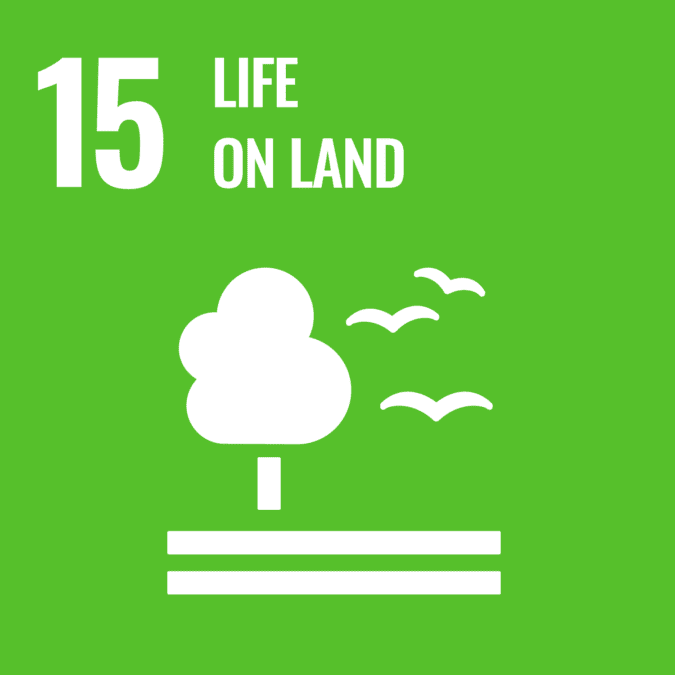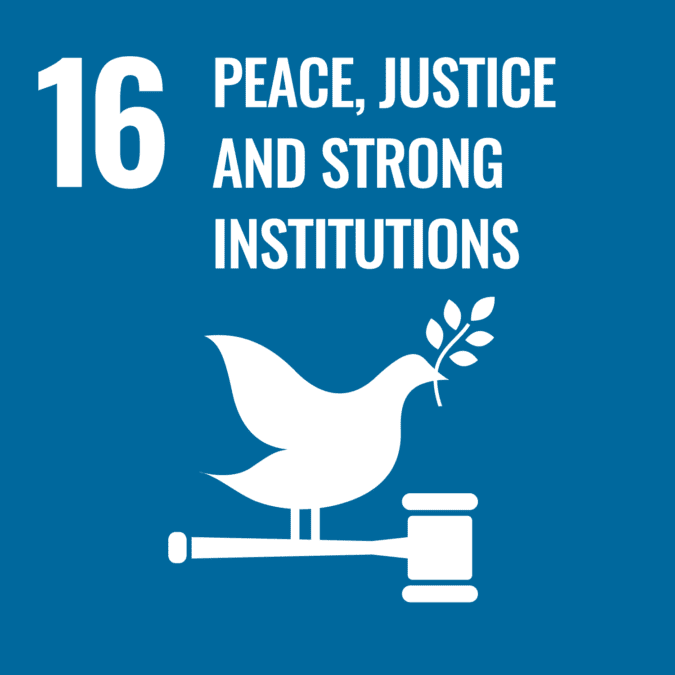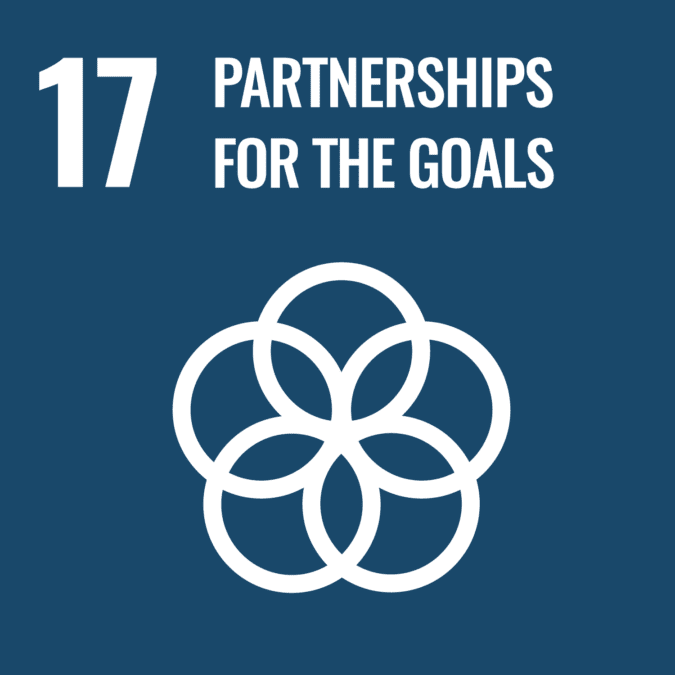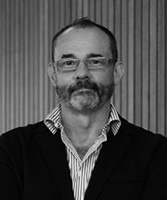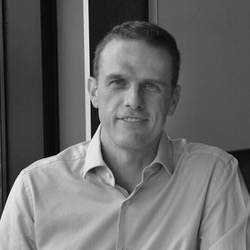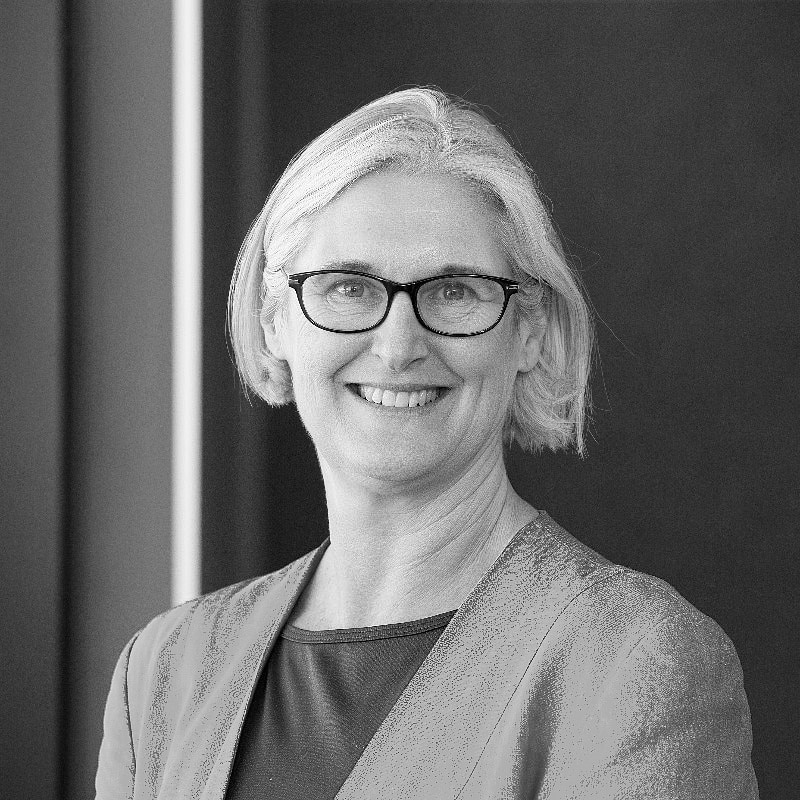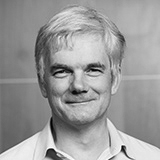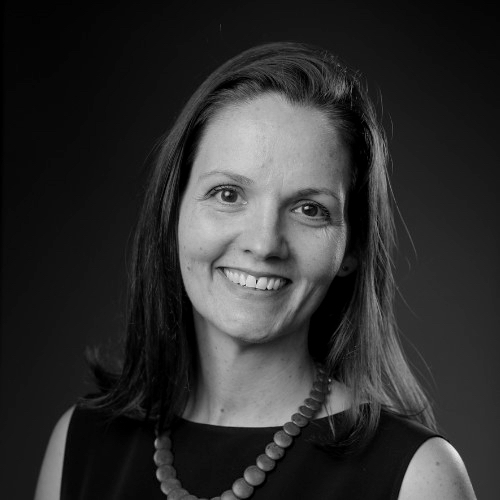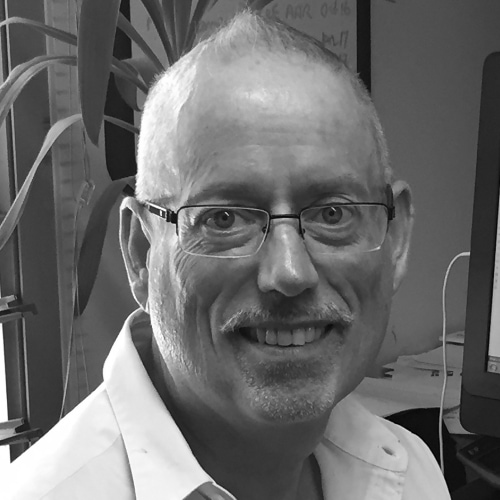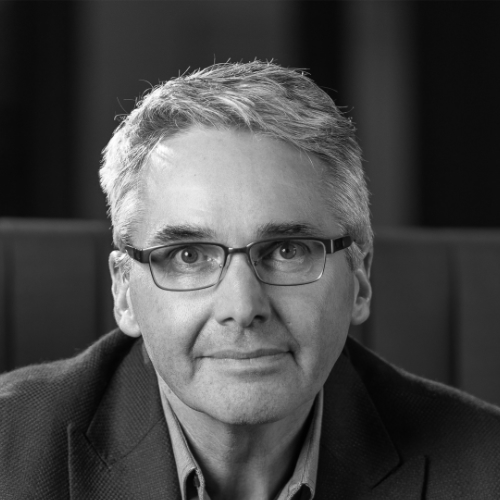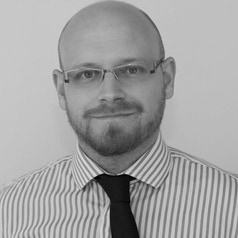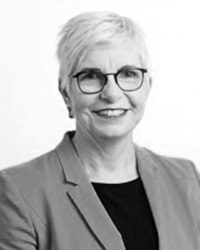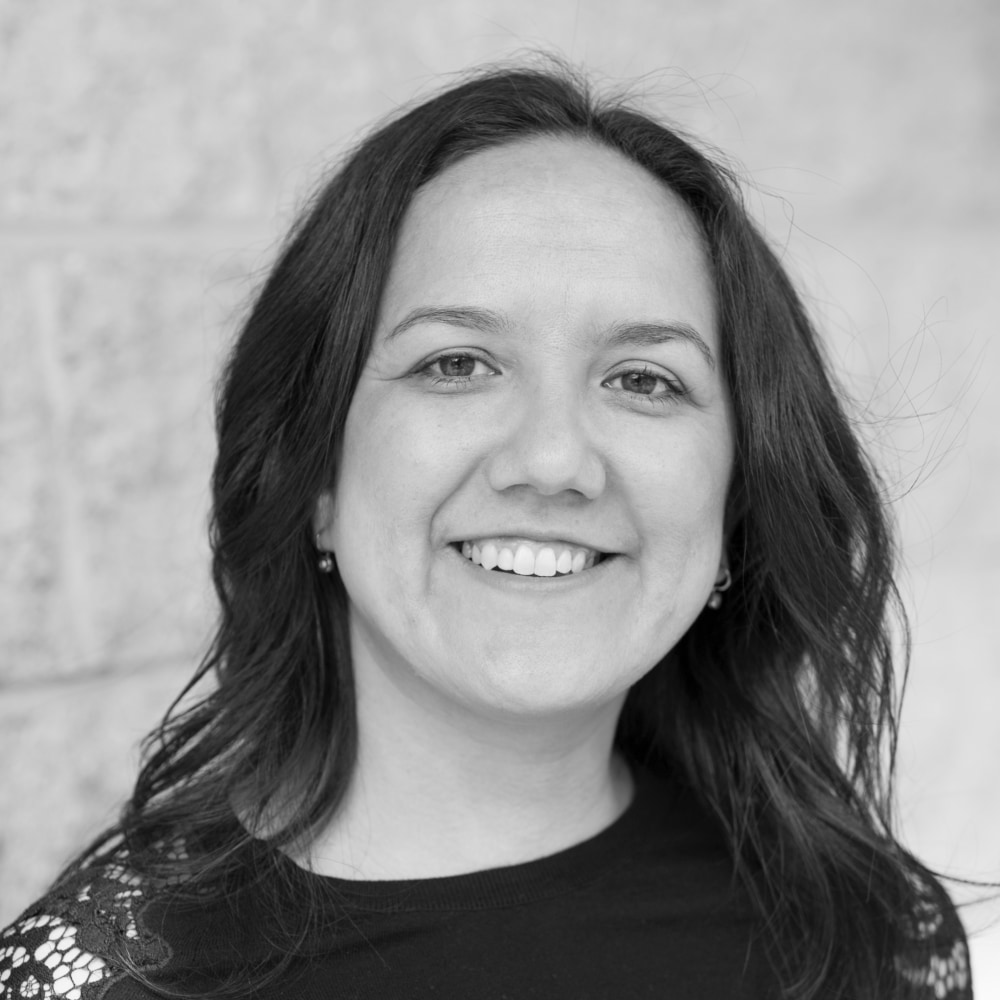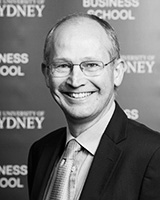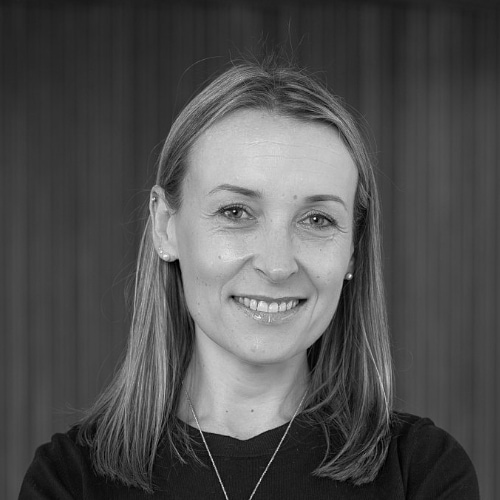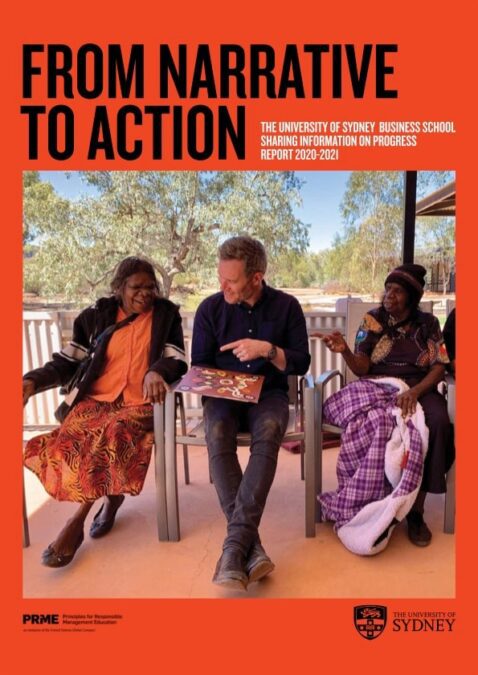
SDGs by 2030 – are we on track?
Discover how the Business School academics’ research is helping to advance the UN’s 17 Sustainable Development Goals in line with our commitments as a PRME signatory.
Our commitment
To the challenge ‘what are you doing for the great sustainability quest’ our academics at the University of Sydney Business School responded with research projects that contribute to achieving the SDGs by 2030.
These articles, resources and teaching aids are part of our School’s commitment to the SDGs. They are available for use under the creative commons licence. We welcome external collaborations towards the SDGs.
Professor Steven Maguire
Deputy Dean (Research)
The University of Sydney Business School
The world community committed in 2015 to achieve the 17 Sustainable Development Goals by 2030. The UN report at the halfway mark in 2023, shows just 15% of the 169 SDG targets are on track to being achieved.
The world needs more projects and ambitious collaborations towards the SDGs. I believe you will be inspired by the ideas here. The SDGS need universities to partner with business, community, governments and society to land the goals by 2030.
Professor Jaime Miranda
Co-Chair, Global Sustainable Development Report 2023
Head of School, Sydney School of Public Health
The goals
Goal 1: No poverty
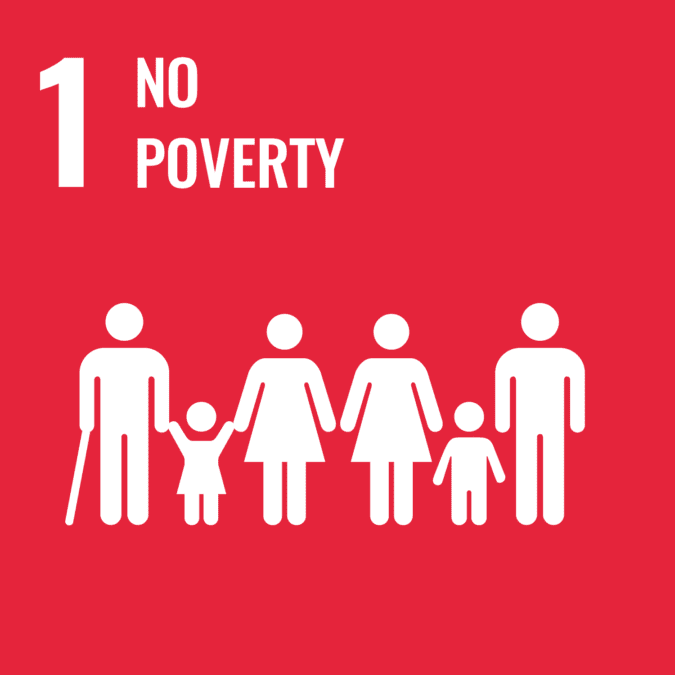
End poverty in all its forms everywhere.
The COVID-19 pandemic has reversed the progress of poverty reduction in the past 25 years leading to an additional 75 – 95 million people living in extreme poverty in 2022. Many countries have introduced short-term social protection measures to help the poor and protect people’s health, jobs and income. If these measures continue, they will provide the needed assistance for the poor and help them move out of poverty.
More on Goal 1
Goal 2: Zero hunger
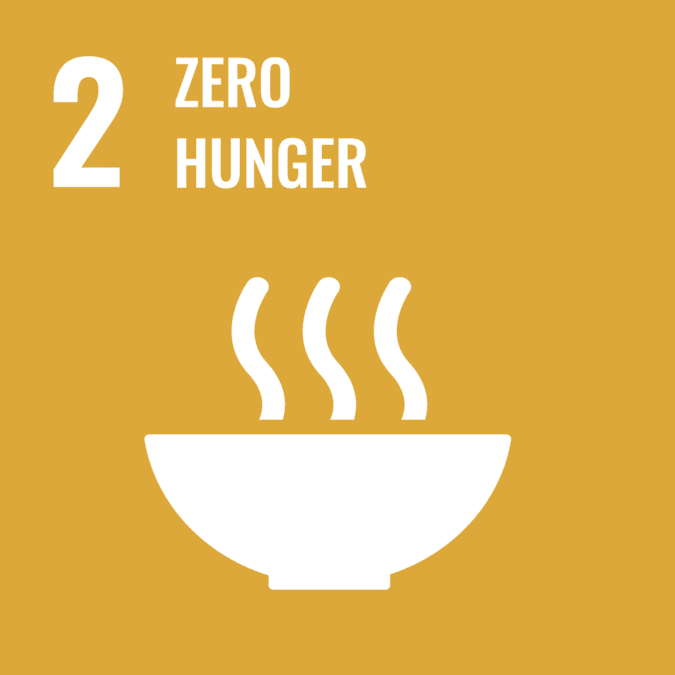
End hunger, achieve food security and improved nutrition and promote sustainable agriculture.
Goal 2 seeks sustainable solutions to end hunger in all its forms by 2030 and to achieve food security. The aim is to ensure that everyone everywhere has enough good-quality food to lead a healthy life. Achieving this Goal will require better access to food and the widespread promotion of sustainable agriculture.
More on Goal 2
Goal 3: Good health and well-being
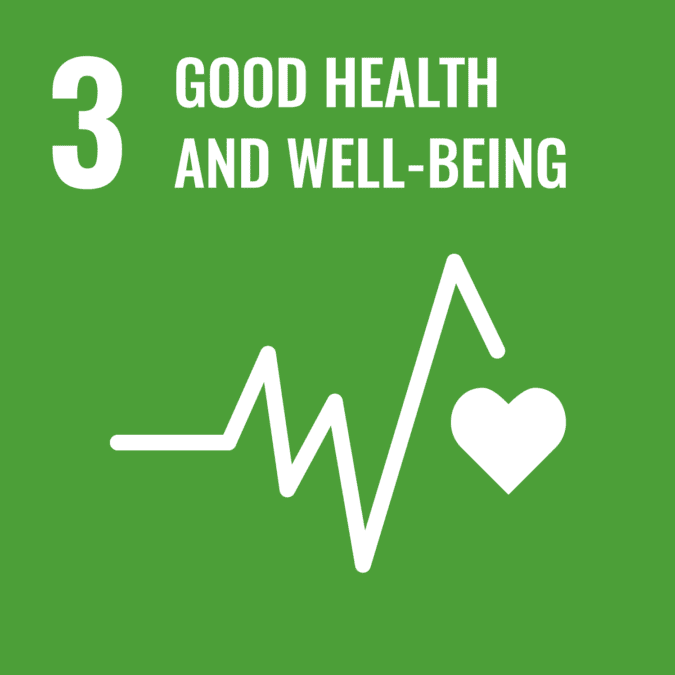
Ensure healthy lives and promote well-being for all at all ages.
The COVID-19 pandemic has had a significant impact on global health, disrupting essential services and exacerbating health inequality. Other areas of healthcare, such as maternal and child health, have also been impacted as well as efforts to combat infectious diseases like HIV, tuberculosis and malaria. Human beings are entitled to a healthy and productive life, and efforts should promote immunisation, preventative healthcare, and equal access.
More on Goal 3
Goal 4: Quality education
Ensure inclusive and equitable quality education and promote lifelong learning opportunities for all.
Access to high quality education is important for building capabilities, equality, and economic mobility around the world. Education is also fundamental for individuals to live a happy and satisfying life. While education alone cannot solve economic problems caused by shortcomings in other policy areas, it is an essential part of a comprehensive approach to addressing these issues and requires well-supported and adequately funded educational institutions and systems.
More on Goal 4
Goal 5: Gender equality
Achieve gender equality and empower all women and girls.
Discrimination against women remains prevalent in laws, policies, and institutions. Violence against women and girls is widespread, with over a quarter of women worldwide experiencing physical and/or sexual violence by a husband or intimate partner at least once in their lifetime. Efforts must be strengthened to address these issues to ensure that gender equality is advanced. Achieving gender equality by empowering women and girls will build a better economy and better society for all.
More on Goal 5
Goal 6: Clean water and sanitation
Ensure availability and sustainable management of water and sanitation for all.
Access to safe water, sanitation and hygiene is basic for human health and wellbeing, and billions of people will lack access to these basic services in 2030 unless progress quadruples. The demand for water is rising due to rapid population growth, urbanisation, and increasing water needs from agriculture, industry, and energy sectors. Decades of poor management, over extraction of groundwater, and contamination of freshwater supplies have exacerbated water stress.
More on Goal 6
Goal 7: Affordable and clean energy
Ensure access to affordable, reliable, sustainable and modern energy for all.
Despite progress, there are still 733 million people globally living without access to electricity, and 2.4 billion cooking with harmful and polluting fuels. Although the use of renewable energy and energy efficiency have improved, rising global energy prices are increasing energy insecurity. Countries need to speed up the transition to renewable energy and increase investments in renewables and energy efficiency.
More on Goal 7
Goal 8: Decent work and economic growth
Promote sustained, inclusive and sustainable economic growth, full and productive employment and decent work for all.
It is important that countries build inclusive growth by focusing on job creation, by investing in and developing sound, effective and efficient economic and social infrastructure as well as the need for workers to have access to education, skills, health care, social security and fundamental rights at work.
More on Goal 8
Goal 9: Industry, innovation and infrastructure
Build resilient infrastructure, promote inclusive and sustainable industrialization and foster innovation.
The Johannesburg Plan of Implementation notes the mutually reinforcing relationship between social and industrial development. Industrialisation and innovation have the potential to promote, directly and indirectly, a variety of social objectives such as employment creation, poverty eradication, gender equality, labour standards, and greater access to education and healthcare.
More on Goal 9
Goal 10: Reduced inequalities
Reduce inequality within and among countries.
The COVID-19 crisis has exacerbated global income inequality, partly reversing the decline of the previous two decades. Weak recoveries in emerging markets and developing economies are expected to raise between-country inequality. Globally, the absolute number of refugees in 2021 was the highest on record. The war in Ukraine is creating one of the largest refugee crises of modern times. Countries need to work together to address global inequality.
More on Goal 10
Goal 11: Sustainable cities and communities
Make cities and human settlements inclusive, safe, resilient and sustainable.
More than half of the world’s population live in urban settings. Cities are hubs for ideas, commerce, culture, science, productivity, social, human and economic development. Urban planning, transport systems, water, sanitation, waste management, disaster risk reduction, access to information, education and capacity-building are all relevant issues to sustainable urban development.
More on Goal 11
Goal 12: Responsible consumption and production
Ensure sustainable consumption and production patterns.
Developing countries bear a large part of the climate, biodiversity and pollution impacts of resource-intensive production processes, without reaping their benefits. This situation has been made worse by the impacts of the pandemic. As part of sustainable global pandemic recovery strategies, the implementation of sustainable consumption and production will maximise the socioeconomic benefits of resource use while minimising the impacts.
More on Goal 12
Goal 13: Climate action
Take urgent action to combat climate change and its impacts.
In order to limit global warming to 1.5 degrees Celsius above pre-industrial levels, scientists recommend that by 2030 global emissions should be cut by 4 percent compared with 2010 levels. According to current national commitments, however, global emissions are set to increase by almost 14 percent during the rest of the decade. Climate change is an urgent economic, environmental, and moral challenge for the world to address.
More on Goal 13
Goal 14: Life below water
Conserve and sustainably use the oceans, seas and marine resources for sustainable development.
Ocean ecosystems form the basis for global economies, local livelihoods, food security, nutrition, and climate adaptation and mitigation. As highlighted in the IPCC Sixth Assessment Report, harnessing the potential of the ocean by developing sustainable blue economies can build prosperity and improve the lives of all, including the most disenfranchised and marginalised communities.
The below insight was co-written by Professor Emma Johnston, Marine Ecologist and the Deputy Vice-Chancellor (Research) at the University of Sydney.
More on Goal 14
Goal 15: Life on land
Protect, restore and promote sustainable use of terrestrial ecosystems, sustainably manage forests, combat desertification, and halt and reverse land degradation and halt biodiversity loss.
Ongoing issues like global deforestation, land and ecosystem damage, and loss of biodiversity present significant challenges for sustainable development. While work is being done to manage forests and resources sustainably, it’s crucial that measures to safeguard, rejuvenate, and sustainably utilise forests and biodiversity are put into action quickly.
More on Goal 15
Goal 16: Peace, justice and strong institutions
Promote peaceful and inclusive societies for sustainable development, provide access to justice for all and build effective, accountable and inclusive institutions at all levels.
Building strong, transparent and inclusive institutions can reduce crime, corruption, and expand social freedoms. Making progress on global peace and human rights can help reduce the prevalence of exploitation, including human trafficking, incarceration rates, and violence against children.
More on Goal 16
Goal 17: Partnership for the Goals
Strengthen the means of implementation and revitalize the Global Partnership for Sustainable Development.
Achieving the SDGs will require building multi-stakeholder partnerships and strengthening capacity and capabilities across sectors. Revitalising the Partnership will bring organisations from civil society, business, and government including PRME together to maximise SDG impact.
More on Goal 17
How we’re contributing
The University of Sydney Business School has been a signatory to the United Nations Global Compact, Principles for Responsible Management Education (PRME), since 2016. The School has committed to ensuring that the Sustainable Development Goals (SDGs) will systematically transform the narrative of business and management education beyond shareholder value maximisation.
